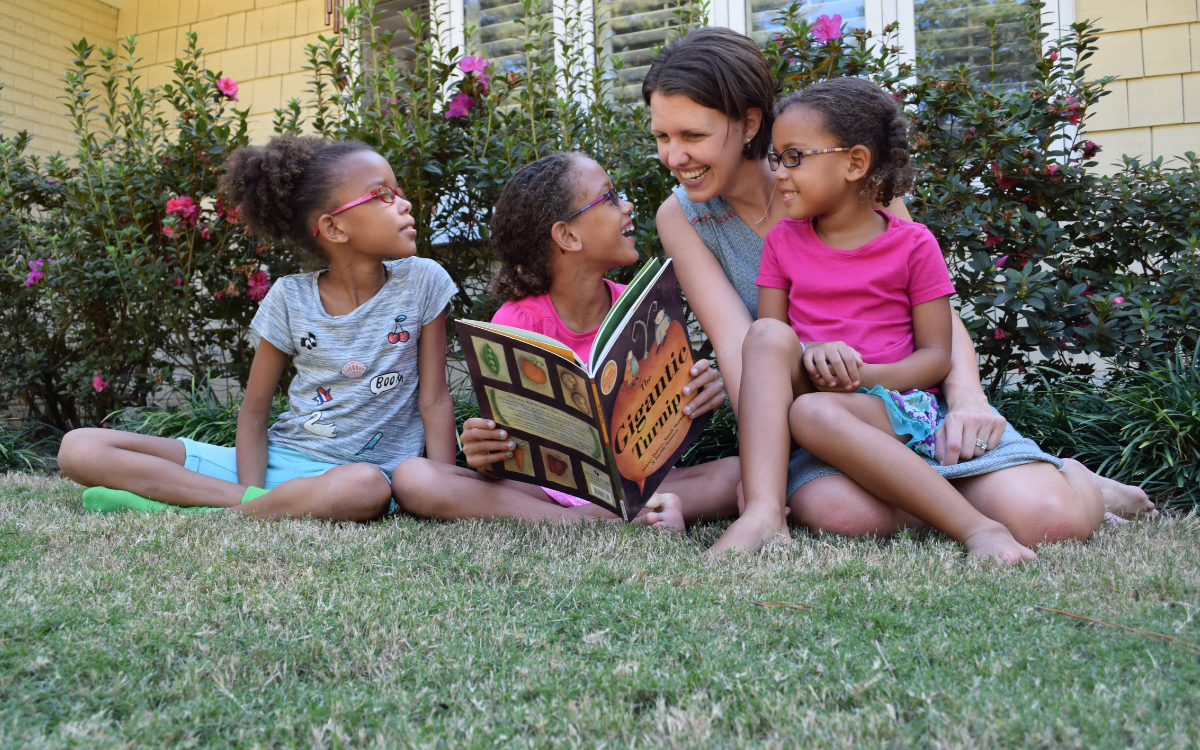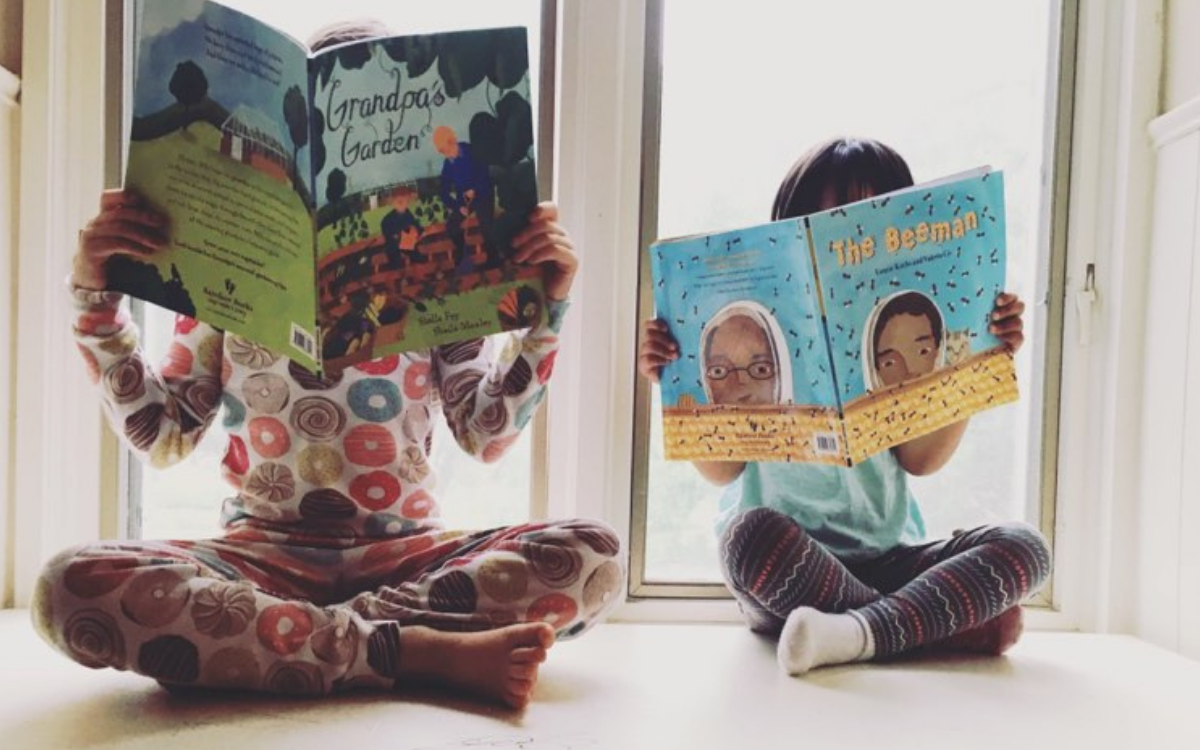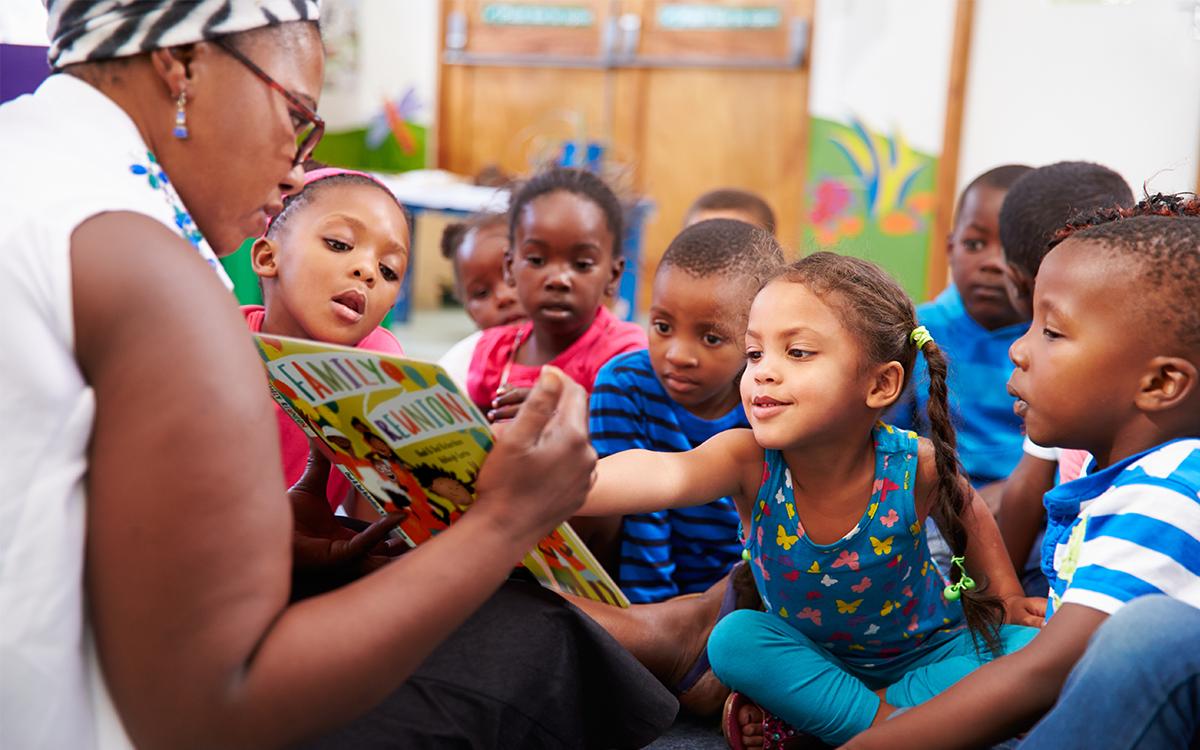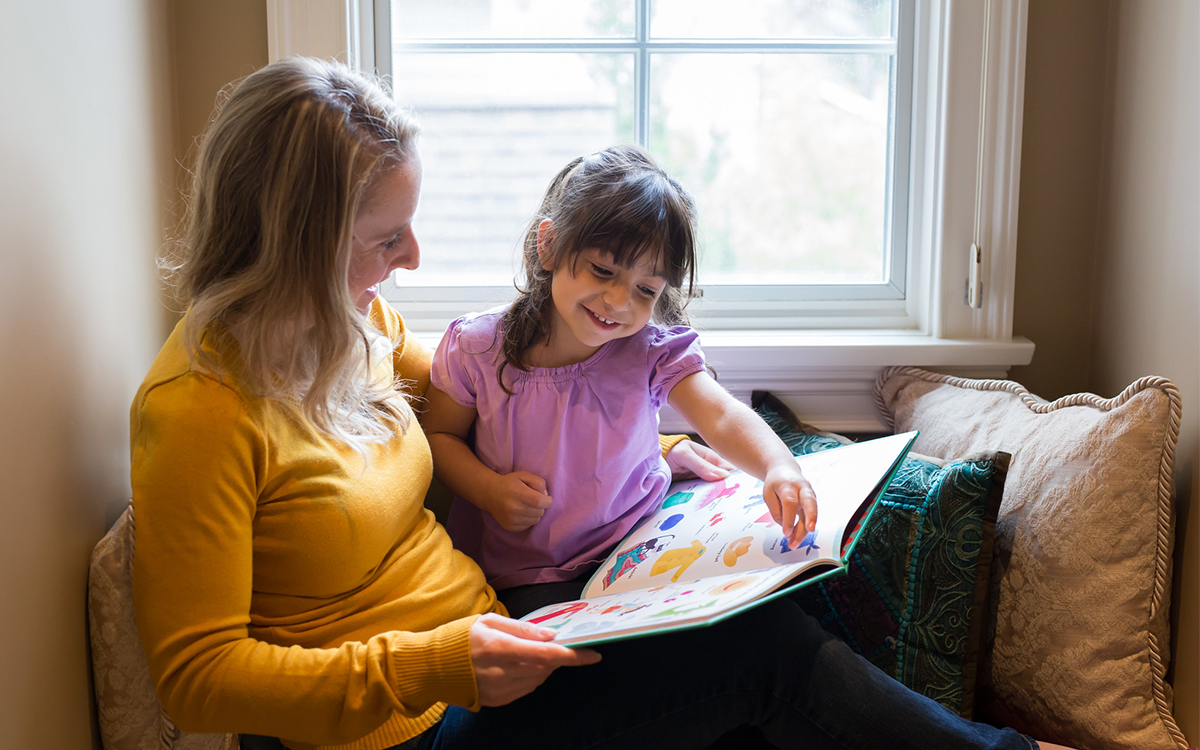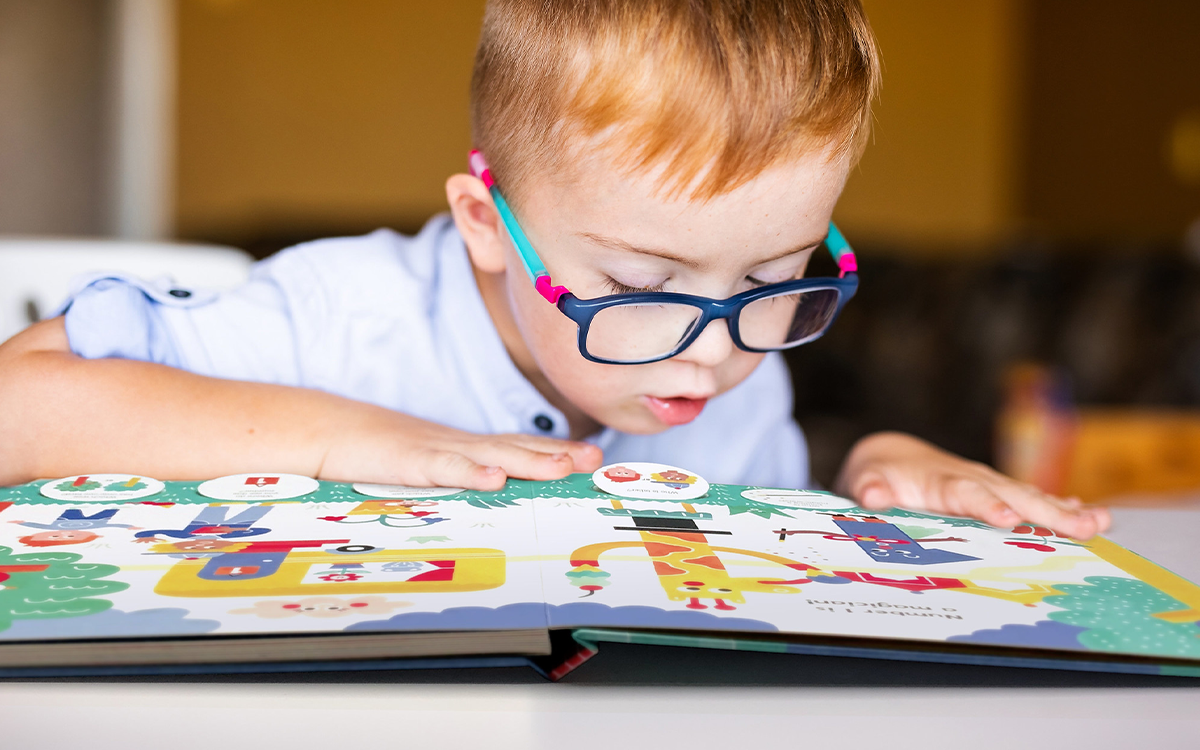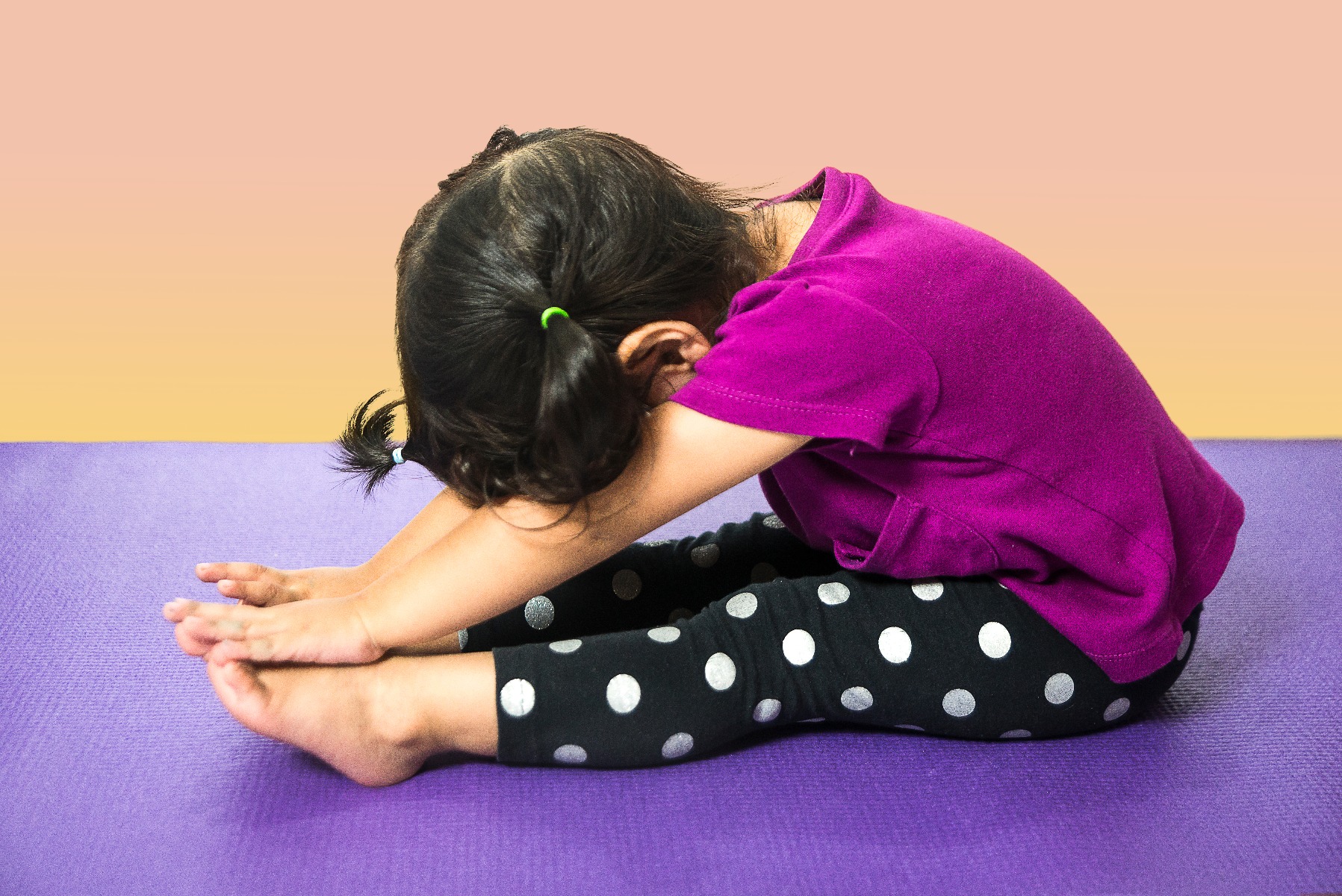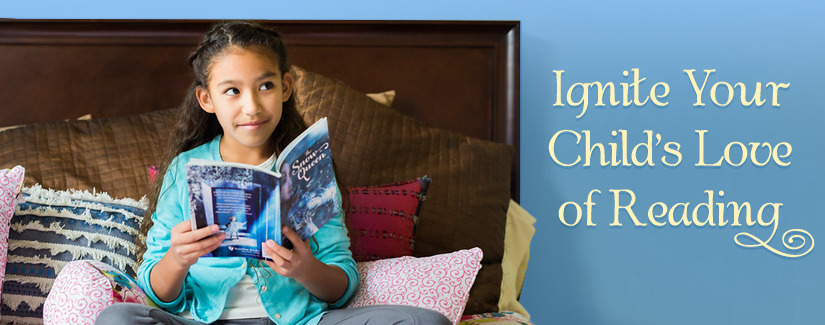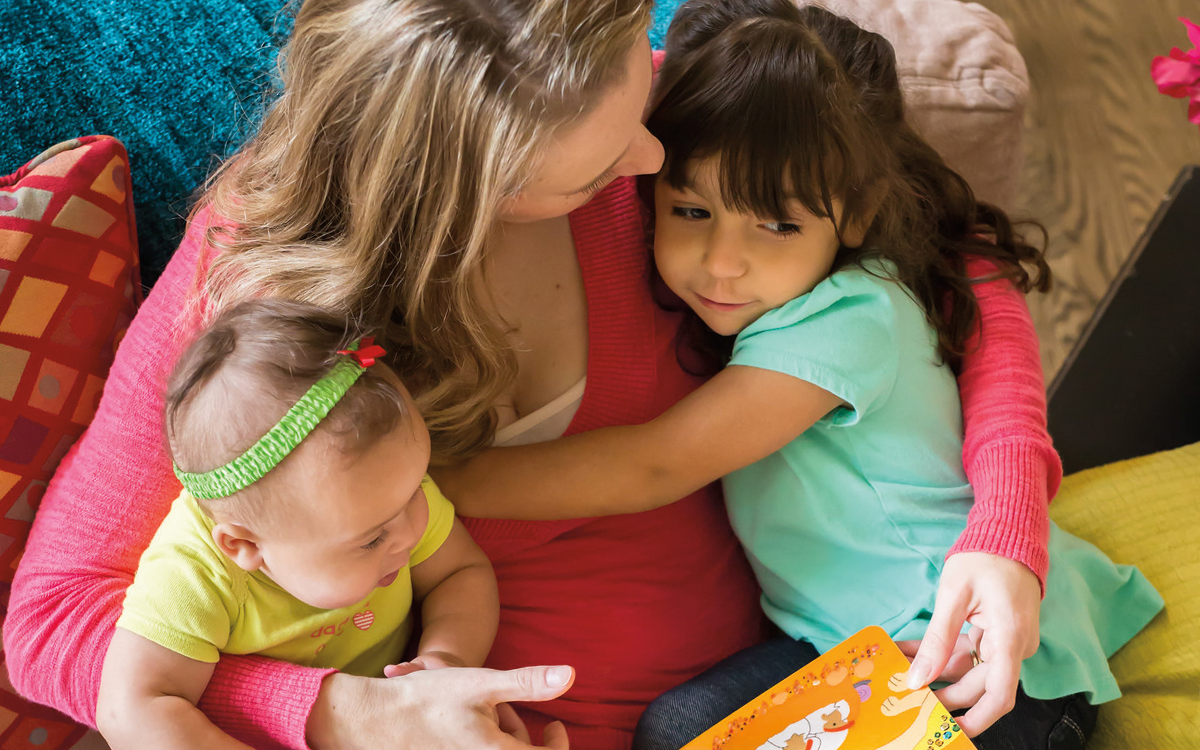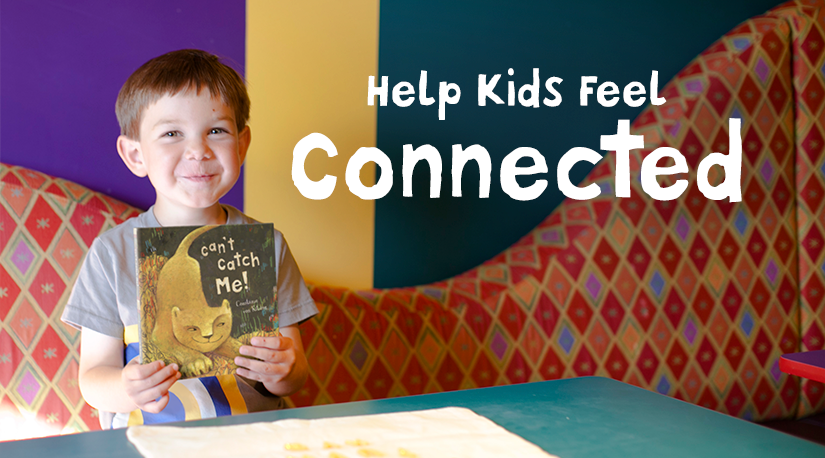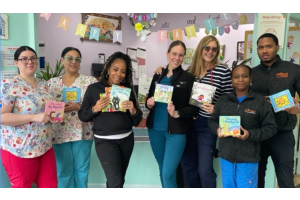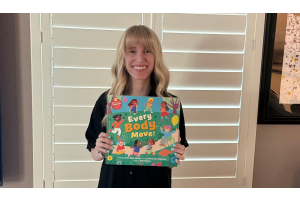You’ve probably heard that summer reading is important, but you might be surprised to learn just how much of an impact it has.
Studies tell us that school-age children lose an average of one month of school learning over the summer, with some children losing up to three months of school learning. Why? The simple answer: they don’t read enough.



